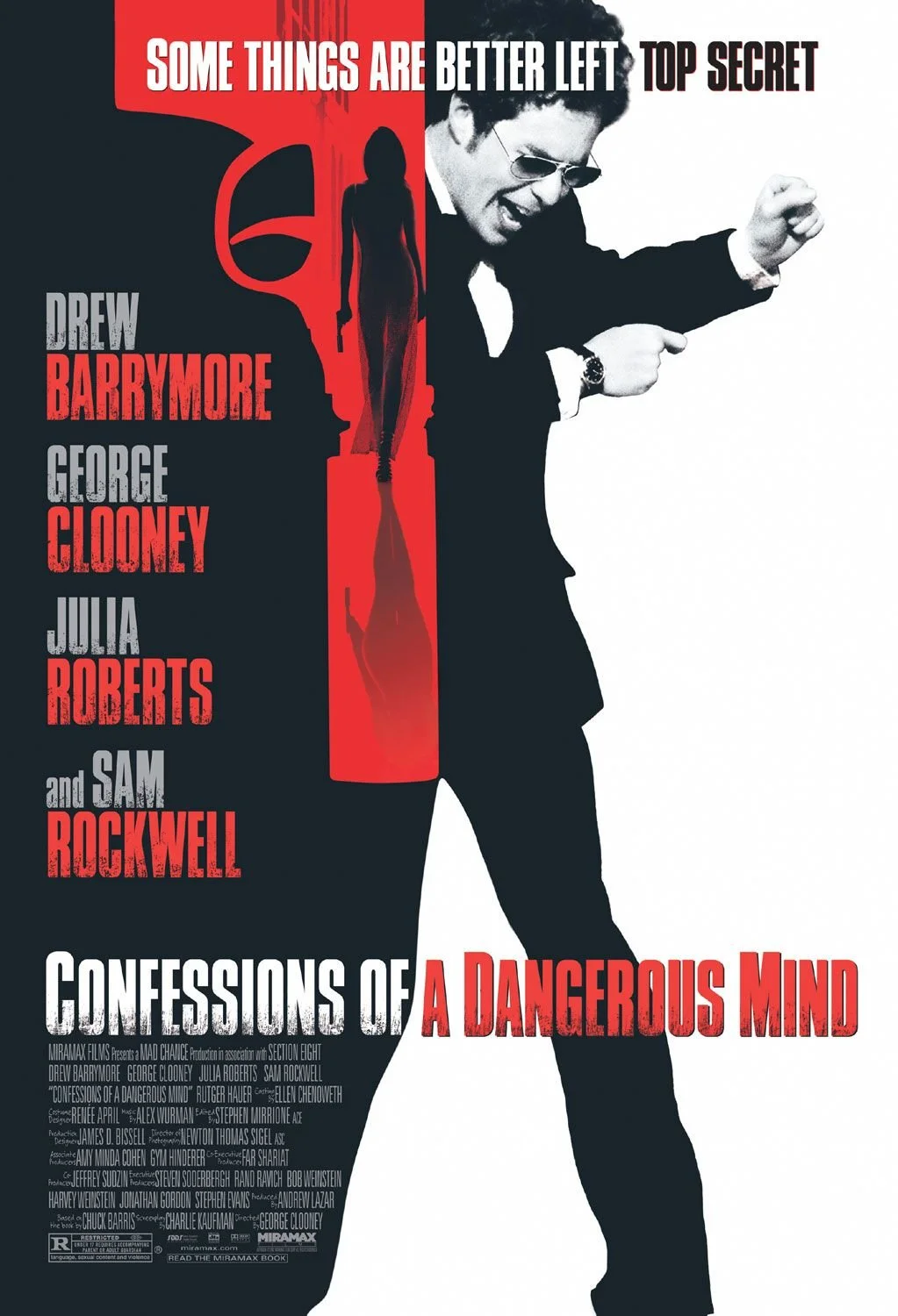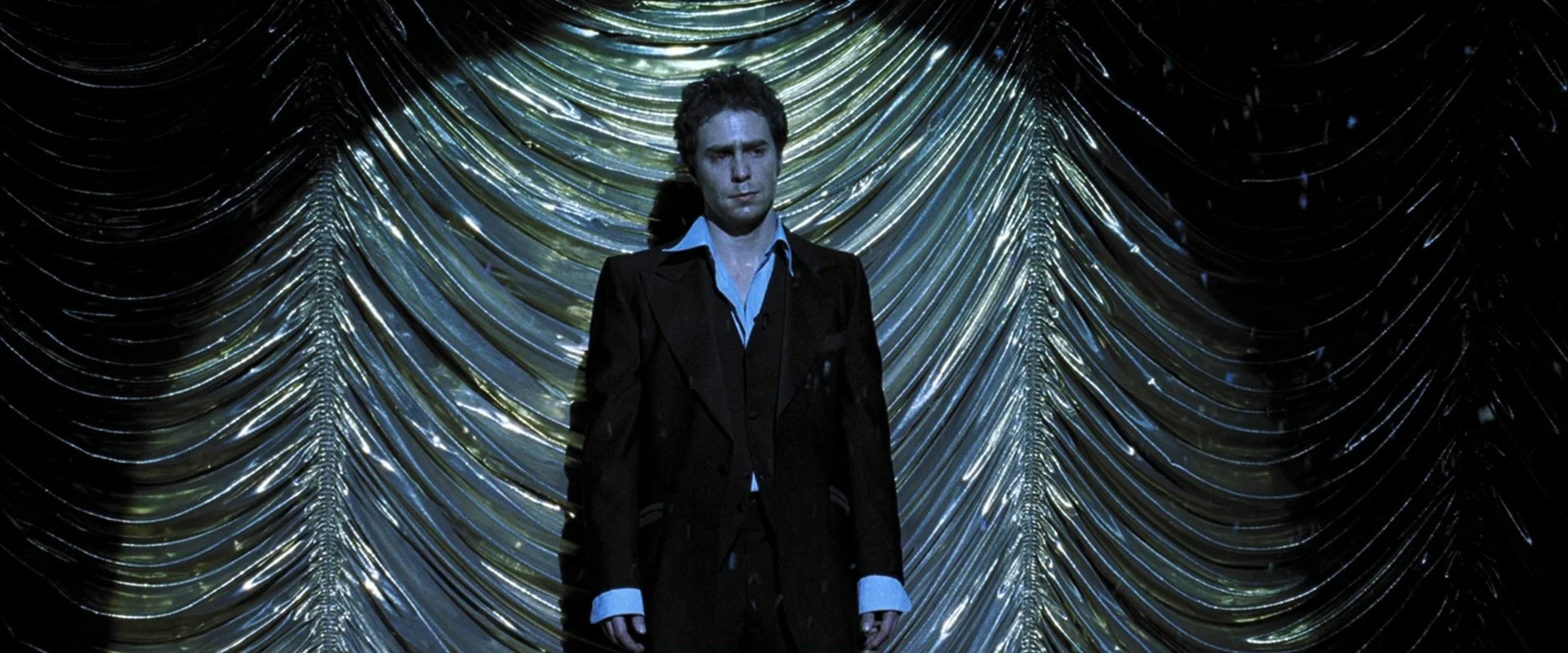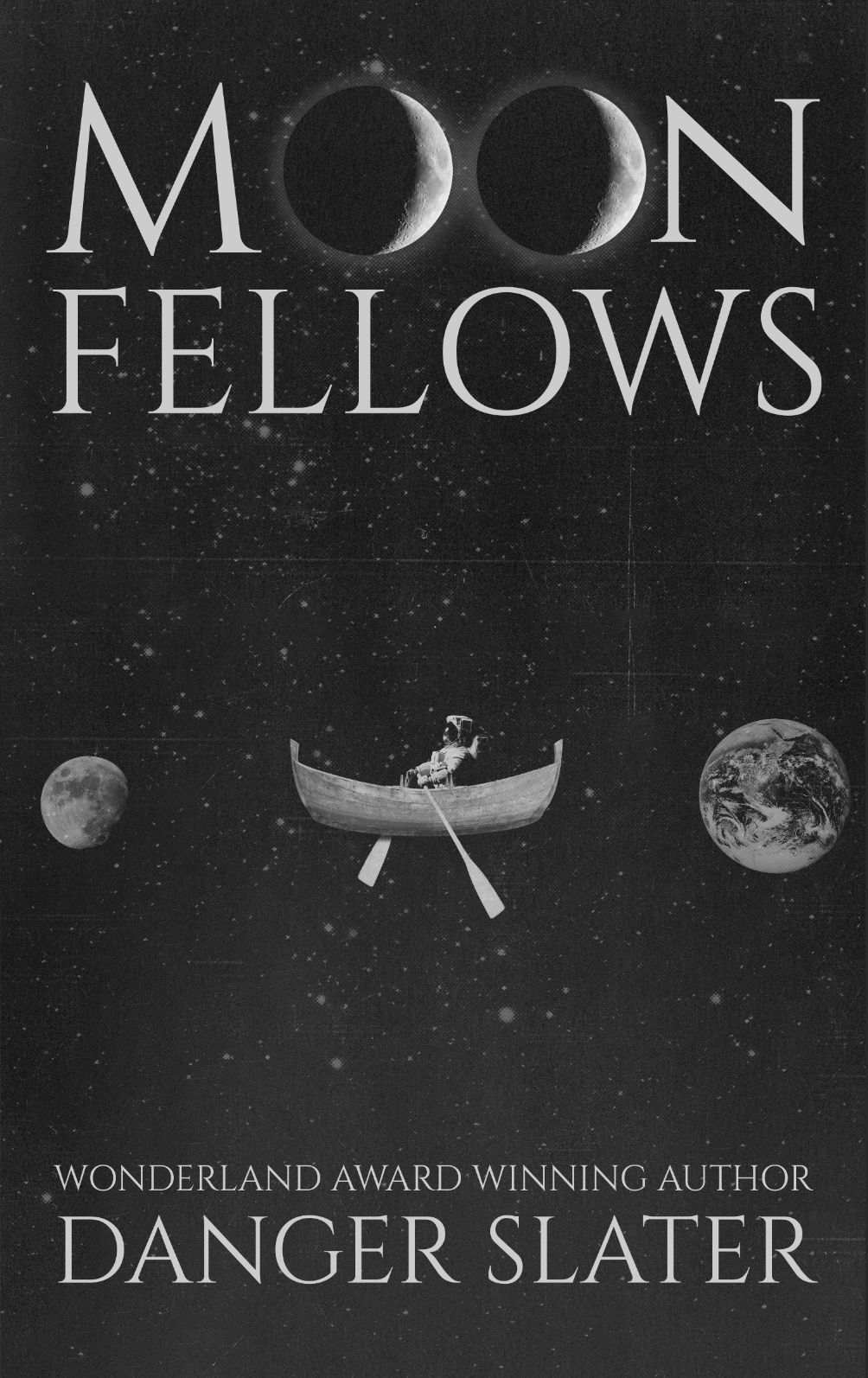Classic Movie Review : Confessions of a Dangerous Mind (2002)
Self-awareness is the blessing and the curse of my generation. To my knowledge, we're part of the first generation of obscenely well-educated adults and the purpose of that education greatly varies. Today more than ever. Liberal professions like doctors and lawyers still exist, but you can get a college degree in cultural studies now, which is the study of overanalyzing the moment we live in. That's why the web is overflowing with piece about how everything is important and game changing or whatever.
A movie or a television show that feels important right after seeing it might be totally forgotten in twenty years and a movie or a television show that bombs on first broadcast might turn out to be a classic. Because you don't know what ideas will hold weight in the future. Twenty years ago, there was a lot of buzz around George Clooney's directorial debut Confessions of a Dangerous Mind, but no one I know had seen it. Thanks to the magic of Amazon Prime Video, I've finally come around to watching this lost artifact.
If anything, Confessions of a Dangerous Mind is a great example of a movie-that's-just-a-movie. One that can exist and excel, while being thoroughly unimportant.
Confessions of a Dangerous Mind is adapted from the memoir of television producer Chuck Barris (played by a Sam Rockwell in his prime), who claimed to have moonlighted as an assassin for the CIA in the seventies and eighties. I know, this is an insane claim to make from someone who lived a somewhat public life and worked in entertainment, but part of the appeal of Confessions of a Dangerous Mind is that you never know whether Barris is serious or whether he's fucking with you.
Entertainment for grownups 101
Confessions of a Dangerous Mind is a very adult movie about a story a ten years old boy could've come up with. By that, I mean that George Clooney and his screenwriter, and up-and-coming Charlie Kaufman, have no desire to hint at what part of Chuck Barris' story might be true and what part might've been the invention of an attention deprived weirdo. Because he was one hell of an attention-deprived weirdo, shaped by an abusive upbringing and a perpetually unsatisfied desire to get laid.
This film doesn't hold your hand.
One third mockumentary, one third Coen brothers worship and one third spy movie, Confessions of a Dangerous Mind plays out its most satirical or over-the-top moments with a straight face and what should be the most believable moments in the most hystrionic way possible. Thanks to Sam Rockwell's twitchy, screwball oddness and Drew Barrymore's girl next door sincerity, the movie achieves a balance that keeps you constantly off balance.
Narrative nimbleness and unpredictability Confessions of a Dangerous Mind‘s best assets. They've become staples of Charlie Kaufman's writing since. What happens to Chuck Barris is so crazy that it would make any spy movie come off as corny and overt, but it is told with such sincerity and naïveté by someone for who the idea of becoming a CIA assassin sounds so counterintuitive in the first place that it feels like something too crazy or stupid to make up. The theoretical stupidity of the scenario is its greatest strength.
But is it an important film?
No it isn't. Confessions of a Dangerous Mind is a smart, well-told and well-directed film, but it doesn't have any bearing on whether or not a film is important. James Bond is an important character not because he was particularly well-written or anything. Bond and his author Ian Fleming can credit their success to historical timing. Geopolitical spy games were being played all over the globe in the cold war or at least people thought they were. Bond novels and films were a catharsis for their feelings of powerlessness.
Confessions of a Dangerous Mind was made by important people and people who would become important to Hollywood, but it was bound to be forgotten. At the crossroads between the internet age that would render game shows culturally pointless overnight and the sudden heightened moral complexity of geopolitics due to 9/11, people going forward would have no mental energy left for a weirdo television producer's hyperviolent moonlighting gig. This movie was made thirty years too late.
*
I enjoyed watching Confessions of a Dangerous Mind twenty years after release solely based on the fact I've overlooked it again and again in the video stores of my youth (if you're reading this and you're 25 and younger, don't ask) and I thought it delivered a scrappy, stylish and surreal tale of survival in the public eye. It's not a great or an important film. It's merely very good and clever. But it has a rambunctious, rabid energy that it difficult not to like. It feels like Charlie Kaufman's film more than George Clooney’s.







